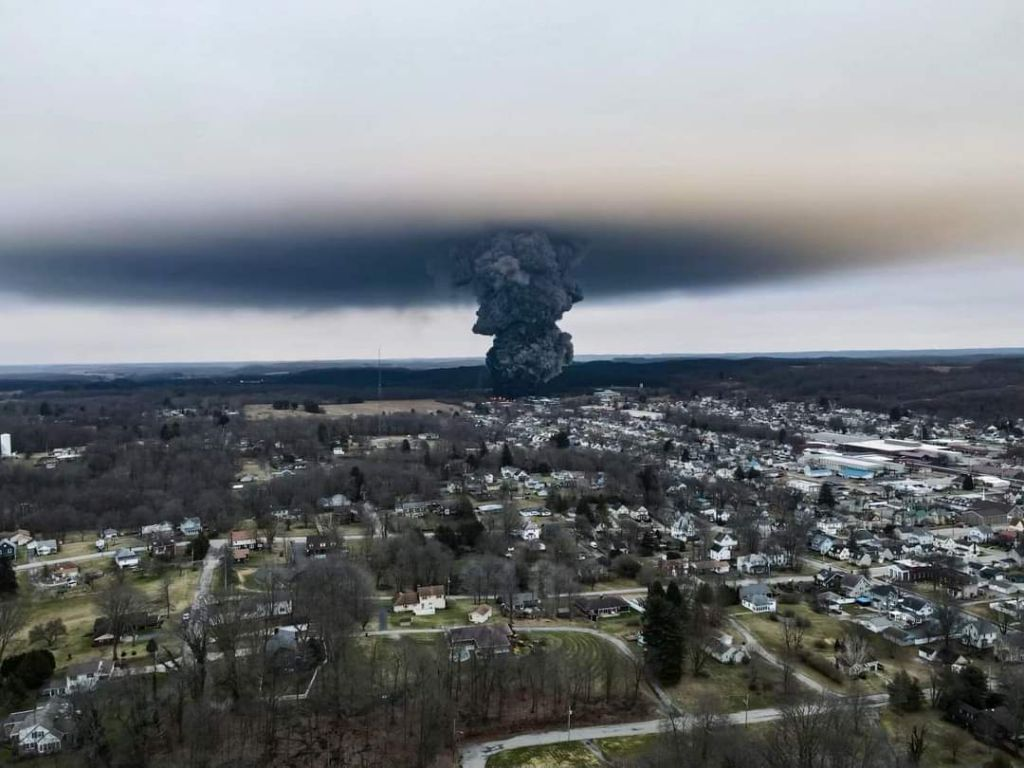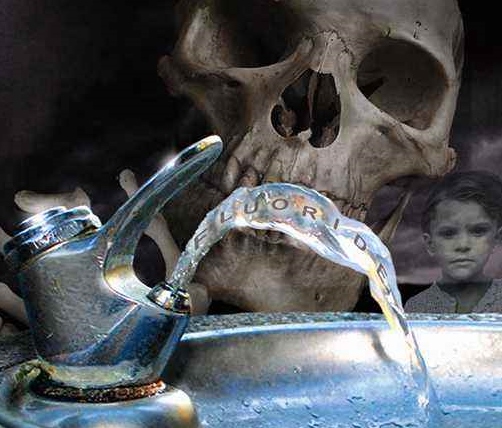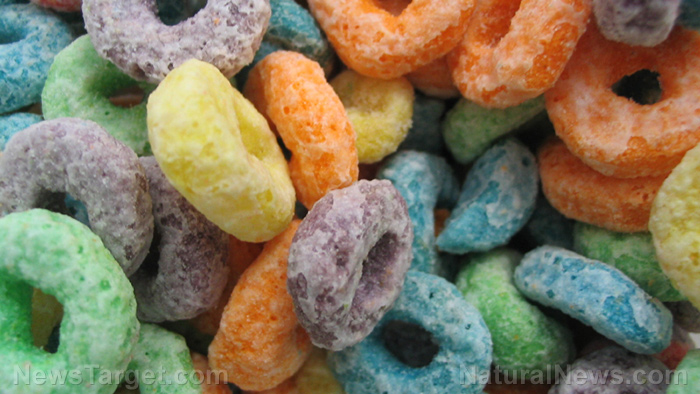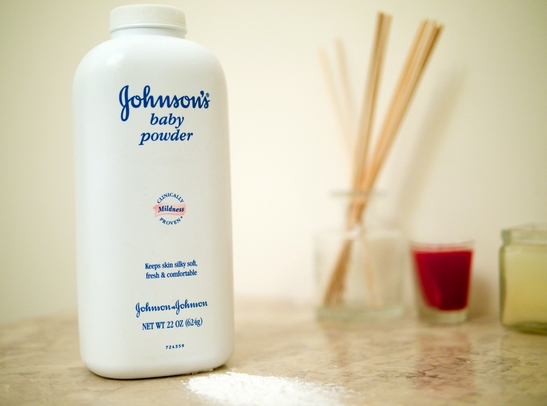America’s food supply loaded with petrochemical pesticide and fertilizer residues linked to children’s health problems
04/28/2023 / By Ethan Huff

The advocacy group Beyond Pesticides issued a special report in its journal “Pesticides and You” this week called “Transformative Change: Informed by Science, Policy, and Action” that highlights the “shocking scientific findings that compel us to act in our communities, states, and as a nation and world community.”
The 168-page issue contains a review of last year’s scientific, peer-reviewed articles, policy deficiencies, and action for change points concerning the prolific use of petrochemical pesticides and fertilizers in the conventional food supply, warning that these toxic substances are harming people, animals, and the environment.
Unless something is done to rein in all this chemical contamination, children will continue to get sick, biodiversity will vanish, and the world will become a toxic waste dump filled with cancer-causing, life-destroying chemicals.
(Related: In 2017, the “Monsanto Mafia” released a propaganda “documentary” film claiming that GMOs and crop pesticides and herbicides are safe for human consumption.)
The chemicals being used to grow food are destroying both people and planet
The report is broken down into three parts – health, biodiversity, and climate – each of which is addressed at-length using science. Concerning the first part, we know that the human health impacts of all this pesticide and fertilizer exposure are substantial.
In children, exposure is linked to motor skill deficiency, respiratory diseases, ear infections, oxidative stress, DNA damage and cancer, diabetes, developmental delays, early onset puberty, and autism.

In people of all ages, exposure to chemical pesticides and fertilizers in the food supply is linked to gut microbiome damage and associated conditions like inflammatory bowel disease (IBS) and metabolic distress.
In general, chemical exposure through the food supply is linked to neurological conditions like Parkinson’s disease, not to mention various forms of cancer. Then there is all the male infertility and endocrine disruption being reported in conjunction with exposure.
As for the animal and plant kingdoms, all these crop and food chemicals are causing insect populations to plummet, including that of honeybees and other pollinators that are getting sick and dying at increasing rates.
Birds and aquatic life are also being negatively impacted, as are their water sources, which are becoming contaminated with everything that crop producers are spraying on their fields.
One major culprit that you may already be aware of is glyphosate, the primary active ingredient in Roundup weedkiller, which is showing up in water sources, soils, and inside people’s bodies.
From a climate perspective, all these chemicals are hardly doing the environment any favors. In fact, if things continue on the current trajectory, then eventually there will be a widespread environmental collapse, resulting in not enough food to feed the world’s population.
Beyond Pesticides supports efforts to ban such chemicals from being used, and some local communities are doing just that with chemical bans at public parks or in food served to children at schools.
The “Transformative Change” publication the group released highlights the dire need for a massive transformation away from these chemicals and into a more sustainable methods of land and building management that aligns with nature and food production for the benefit of humanity.
“The transformative solution is a partnership with nature, practices that have been adopted in organic systems,” says Jay Feldman, executive director of Beyond Pesticides.
“With this approach, we honor all organisms who play a role in ecological systems on which life depends and we seek the rapid adoption of those practices and materials that are already available to us or can be incentivized to become widely available quickly.”
The latest news about the toxicity of the American food supply can be found at StopEatingPoison.com.
Sources for this article include:
Submit a correction >>
Tagged Under:
autism, biodiversity, chemical violence, chemicals, children, children's health, clean food watch, clean water, Ecology, environ, environmental collapse, fertilizer, food, food chemicals, food supply, glyphosate, gut, health, Infertility, pesticide, petrochemicals, poisons, progress, stop eating poison, toxins
This article may contain statements that reflect the opinion of the author




















